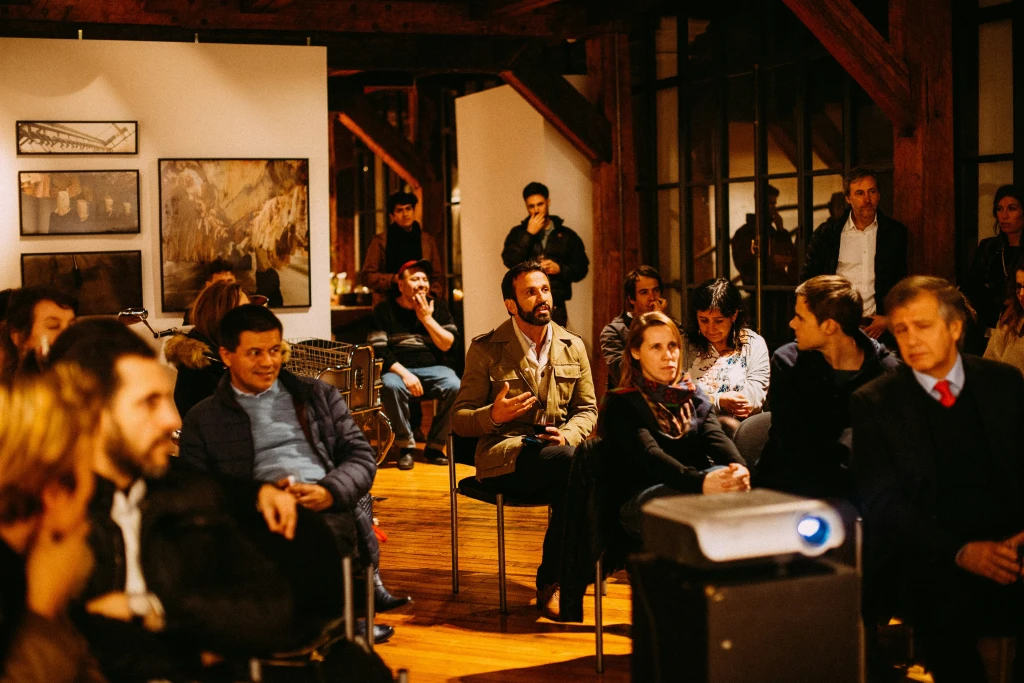In this digital age, where information is readily accessible online, and the role of events has evolved significantly. While once primarily focused on disseminating knowledge through talks and presentations, events have become dynamic platforms for fostering human connection, building communities, and driving innovation.
The Shift Towards Human Connection
The shift towards human connection at events can be attributed to several factors:
- The Digital Divide: Despite the ubiquity of technology, there’s a growing recognition of the limitations of digital interactions. Face-to-face encounters provide a unique level of connection and understanding that cannot be replicated online.
- The Need for Community: In an increasingly interconnected world, people crave a sense of belonging and community. Events offer opportunities to connect with like-minded individuals, share experiences, and build lasting relationships.
- The Desire for Authenticity: In a world saturated with marketing and branding, authenticity is highly valued. Events provide a platform for genuine interactions and the exchange of ideas without the filters of social media.
- The Importance of Serendipity: Events often lead to unexpected encounters and opportunities. The serendipity of meeting people in person can spark new ideas, collaborations, and friendships.
Key Elements of Human-Centered Events
To create events that prioritize human connection, organizers should focus on the following elements:
- Inclusive Environments: Ensure that everyone feels welcome and included, regardless of their background or experiences.
- Meaningful Interactions: Design activities and experiences that encourage genuine engagement and conversation.
- Networking Opportunities: Provide ample opportunities for attendees to connect with each other and build relationships.
- Shared Experiences: Create memorable experiences that foster a sense of community and shared purpose.
- Technology Integration: Utilize technology to enhance human connection, rather than replacing it. For example, use apps to facilitate networking, or create interactive experiences that encourage collaboration.
The Benefits of Human Connection at Events
- Knowledge Sharing: Beyond formal presentations, informal conversations and networking sessions allow for deeper discussions and the exchange of valuable insights.
- Inspiration and Motivation: Connecting with others can inspire new ideas, boost morale, and provide motivation to pursue goals.
- Collaboration and Partnerships: Events are ideal for forming partnerships, collaborating on projects, and exploring new business opportunities.
- Personal Growth: Building relationships and expanding your network can contribute to personal and professional growth.
- Brand Building: Events that prioritize human connection can help build strong brand loyalty and reputation.
Case Studies of Successful Human-Centered Events
- TEDx Talks: These independently organized events are known for their focus on inspiring ideas and fostering community.
- SXSW: The South by Southwest festival is a prime example of an event that combines a diverse range of activities with ample opportunities for networking and social interaction.
- Burning Man: This annual event in Nevada is renowned for its emphasis on community, creativity, and self-expression.
The Future of Events: A Human-Centered Approach
As technology continues to evolve, the importance of human connection in events will only grow. By prioritizing authentic interactions, building inclusive communities, and creating memorable experiences, event organizers can ensure that their events remain relevant and valuable in the years to come.
In an increasingly digital world, events offer a unique opportunity to connect with others on a personal level. By focusing on human connection, organizers can create events that are not only informative but also inspiring, empowering, and unforgettable.
